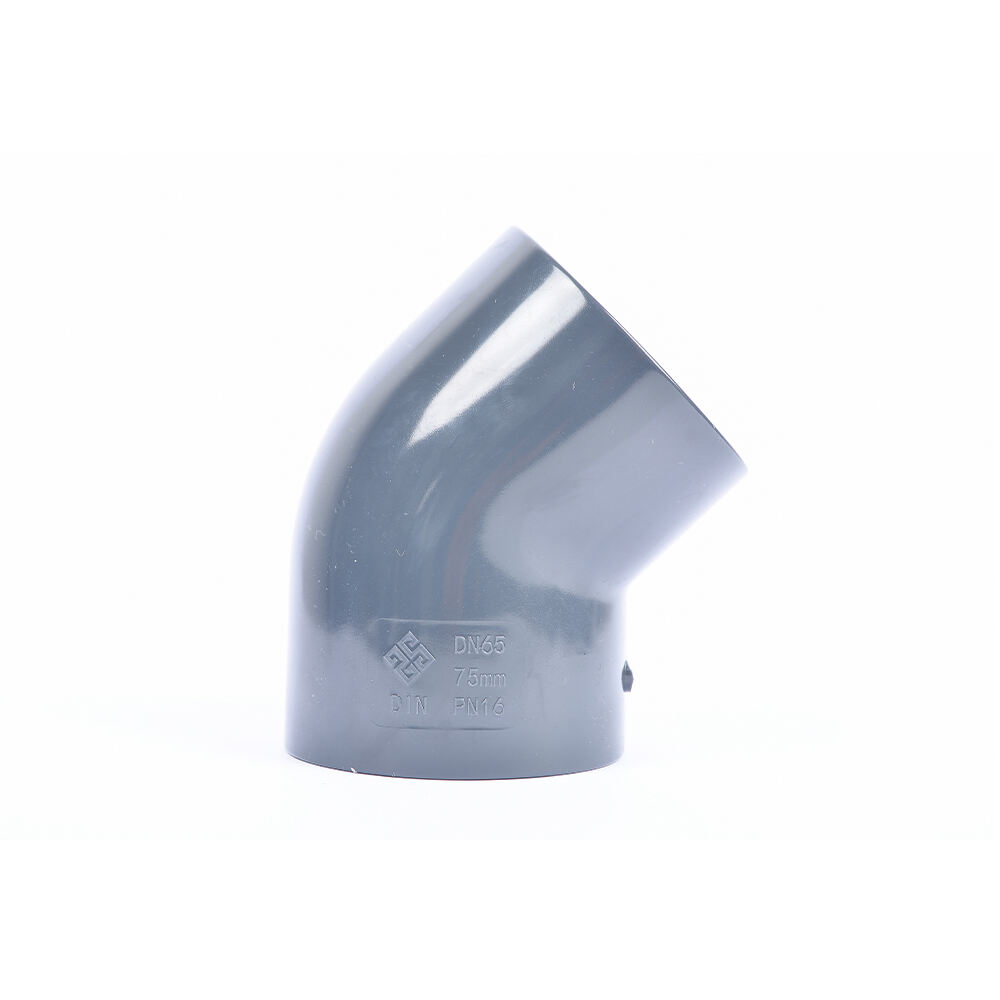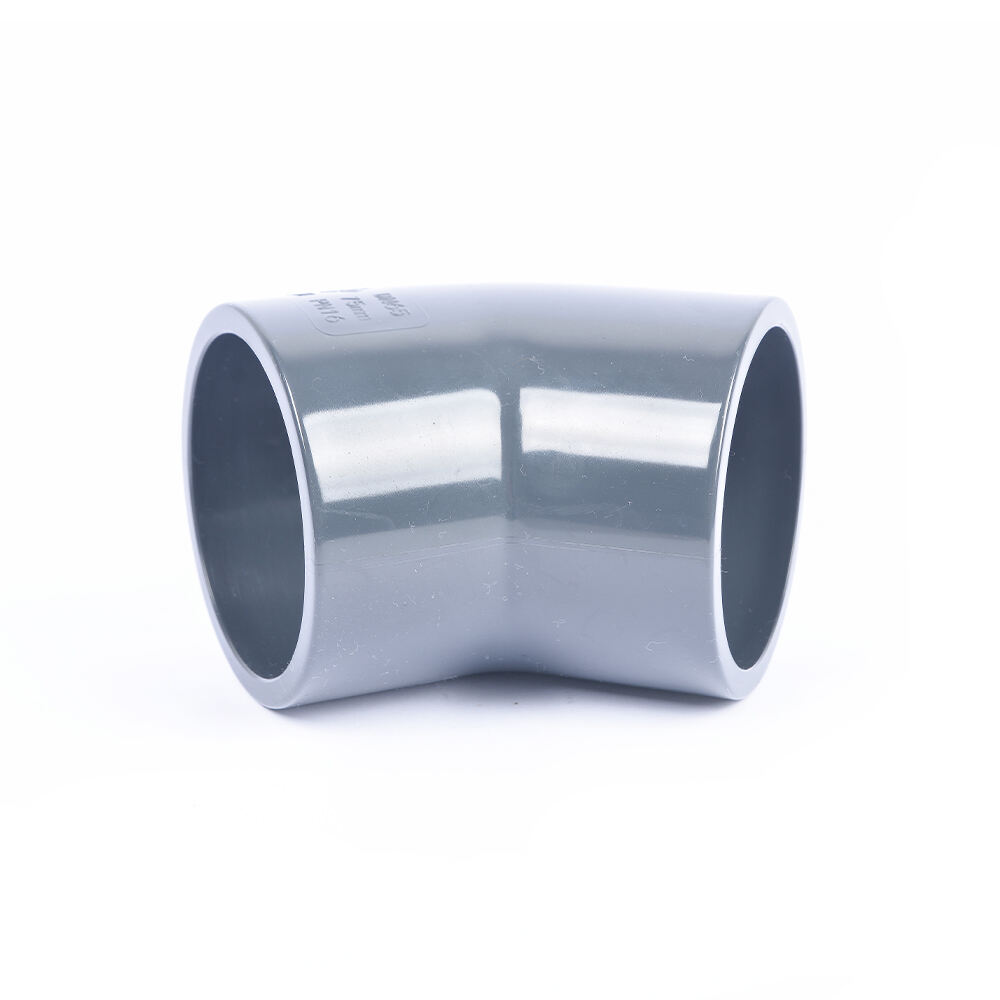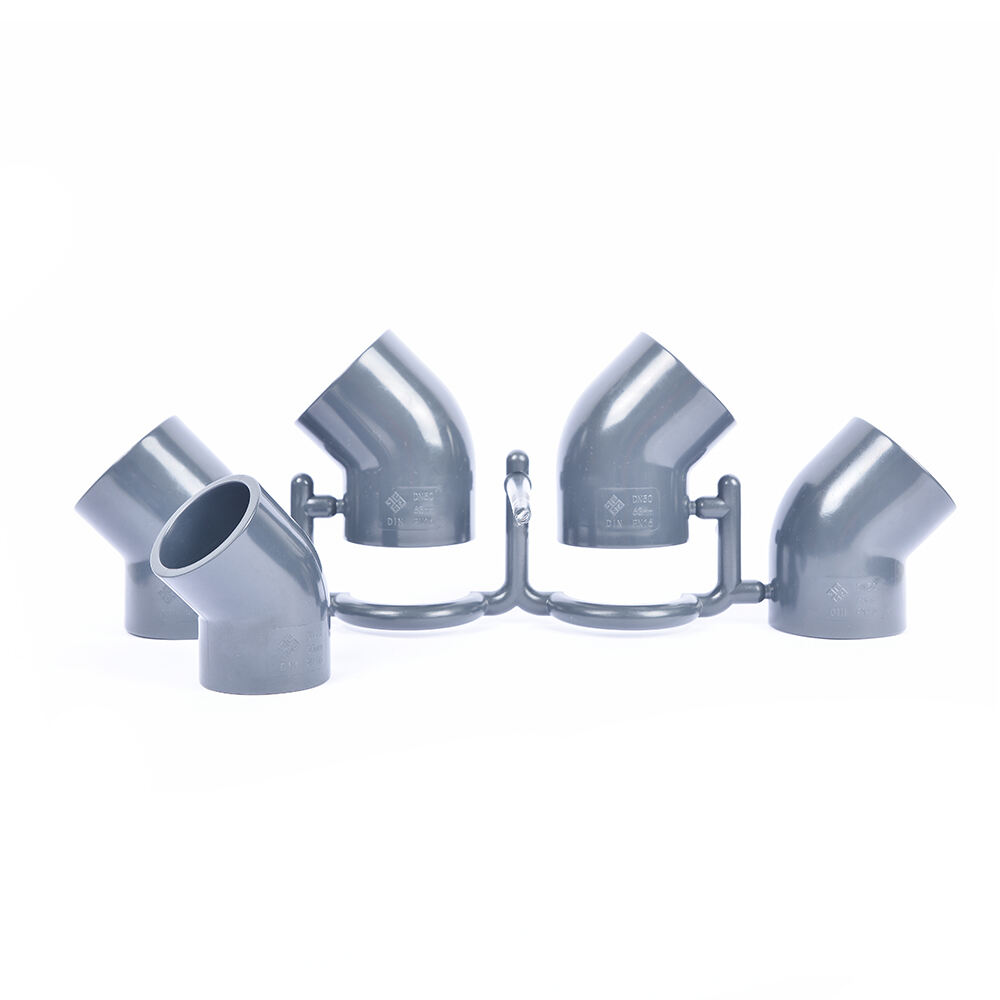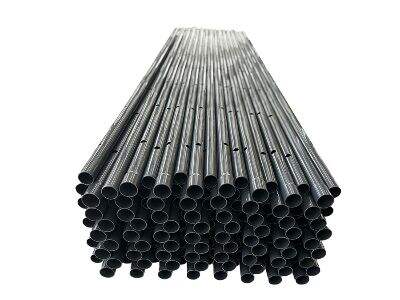Rury UPVC znajdują szerokie zastosowanie w gospodarstwach domowych, przemyśle i na placach budowlanych. Produkty GREMAX mają wiele zalet w porównaniu do tradycyjnych rur metalowych lub betonowych, takich jak lekkość, odporność na korozyję i trwałość. Jednakże, aby zapewnić wydajność i długowieczność rur UPVC, należy podjąć odpowiednie środki ostrożności podczas ich magazynowania. Omówimy innowację, bezpieczeństwo, zastosowanie, sposób użytkowania, serwis, jakość oraz zastosowanie rur UPVC.
Przewagi rur UPVC

Rura UPVC to materiał termoplasticzny, który jest odporny na substancje chemiczne, promieniowanie UV i warunki atmosferyczne. Ze względu na swoją odporność na korozyję, rury UPVC są idealne do przesyłania różnych płynów, w tym wody gorącej, ścieków, zimkich chemikaliów oraz innych. Ponadto są one lekkie i łatwe w instalacji, co prowadzi do obniżenia kosztów pracy i transportu. Fiting rurki UPVC mają również dłuższy okres przydatności do użytku niż tradycyjne rury, takie jak betonowe lub metalowe, co czyni je bardziej opłacalnymi i preferowaną opcją.
Innowacje w rurach z UPVC

Wraz z rosnącym popytem i koniecznością spełnienia wymagań ekologicznych, rury z UPVC przeszły wiele innowacji. Producentowie wyprodukowali rury z UPVC o większej odporności na ciepło, gładniejszych powierzchniach wewnętrznych i funkcjach redukcji hałasu. Współczesne RURA CPVC są kolorowo oznakowane dla różnych zastosowań, takich jak żółte dla gazu i niebieskie dla wody pitnej. Ponadto, producenci rur z UPVC rozpoczęli stosowanie dodatków bez ołowiu, zapewniając bezpieczne i przyjazne środowisku rury.
Zasady bezpieczeństwa podczas korzystania z rur z UPVC

Rury z UPVC są dużo bezpieczniejsze niż tradycyjne rury z amiantu i ołowiu. Ponieważ jest to materiał, który nie degraduje się i nie wydzielają szkodliwych chemikalií pod wpływem ciepła. Jednak należy podejmować odpowiednie działania podczas obsługi i stosowania rur z UPVC. Jest kluczowe noszenie rękawic i ochrony oczu podczas korzystania z piły lub cięcia rury z UPVC oraz unikanie zginania rur poza ich zalecanym promieniem.
Jak korzystać z rur UPVC
Rury UPVC są uniwersalne i mogą być stosowane w wielu zastosowaniach, takich jak sanitarne, nawadnianie, kanalizacja i przewody elektryczne. Przed instalacją konieczne jest wyczyszczenie rur i elementów montażowych, aby usunąć wszelki pył, olej czy śmieci. Używając wycinarki do rur lub piły, należy przyciąć rurę UPVC do pożądanego rozmiaru. Następnym krokiem jest zainstalowanie elementów montażowych za pomocą kleju rozpuszczającego, który tworzy mocne i niezawodne połączenia. Po złożeniu rur UPVC należy je pozostawić na kilka godzin, aby zakonserwowały się przed ich użyciem.
Serwis i jakość rur UPVC
Czas użytkowania rurociągów UPVC w dużej mierze zależy od jakości produkcji, montażu i konserwacji. Dlatego zakup wysokiej jakości rurociągów UPVC od renomowanego producenta jest kluczowy. Takie rury będą miały dłuższy okres użytkowania i mniejsze prawdopodobieństwo uszkodzenia lub wycieku. Ponadto, producenci oferują gwarancje na swoje produkty, co daje klientom zaufanie do jakości ich zakupów.
Zastosowania rurociągów UPVC
Rurociągi UPVC mają wiele zastosowań w gospodarstwach domowych, przemyśle i rolnictwie. Niekоторe powszechne zastosowania to dystrybucja i dostawa wody, zarządzanie ściekami i odpadkowymi wodami oraz systemy nawadniania. Rurociągi UPVC są również używane do przewodów elektrycznych i rur przewodniczych. Giętkość Fiting rur CPVC czyni je przydatnymi do modernizacji starych rurociągów, co zmniejsza potrzebę nowych instalacji.

 EN
EN
 AR
AR
 BG
BG
 HR
HR
 CS
CS
 DA
DA
 NL
NL
 FR
FR
 DE
DE
 EL
EL
 HI
HI
 IT
IT
 JA
JA
 KO
KO
 PL
PL
 PT
PT
 RO
RO
 RU
RU
 ES
ES
 SV
SV
 CA
CA
 TL
TL
 IW
IW
 ID
ID
 LV
LV
 SR
SR
 SK
SK
 SL
SL
 UK
UK
 VI
VI
 SQ
SQ
 HU
HU
 MT
MT
 TH
TH
 TR
TR
 MS
MS
 BE
BE
 KA
KA
 PA
PA
 XH
XH

